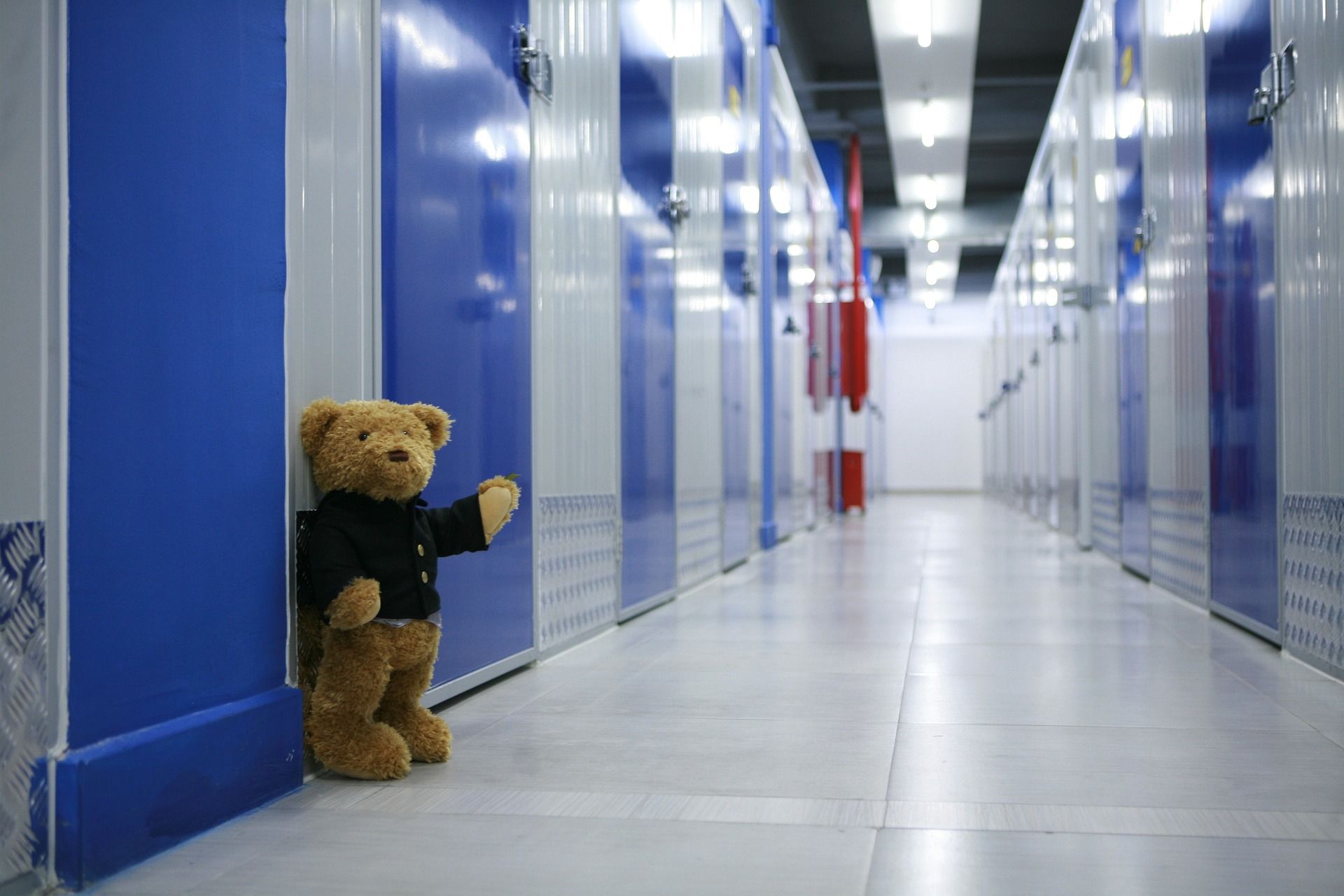business resources
Everything You Need to Know About Storage Units Before Renting One for Your Business
27 Nov 2024, 11:06 am GMT
When it comes to running a successful business, organization is key—and having the right storage solution can make all the difference. Whether you're looking to store excess inventory, seasonal items, or important documents, renting a storage unit can offer the space and flexibility you need.
But before you sign that rental agreement, there are a few essential things to consider. From understanding the different types of storage units available, to knowing what terms to look out for in the contract, it's important to make an informed decision.
In this post, we’ll cover six key things you need to know about renting a storage unit for your business. With the right approach, you can ensure your business’s storage needs are met efficiently and affordably. Let's get started.
Types of Storage Units Available and Their Suitability for Your Business
Before renting a storage unit, it’s important to understand the different types available and which one suits your business needs. There are climate-controlled units ideal for items sensitive to temperature and humidity, like electronics or important documents. Standard units are more affordable and suitable for general storage needs. Outdoor units with drive-up access are perfect for businesses needing to move large or heavy items frequently.
Consider the security features as well—units with enhanced security like keypad access or 24/7 monitoring might be better for high-value inventory. Understanding your business requirements will help you choose the right storage type and avoid unnecessary expenses.
To explore common motivations behind renting storage and determine what fits your situation best, visit what reasons do people use self storage on WheeKeep for helpful insights.
Storage Unit Sizes
Storage units come in a variety of sizes, and picking the right one can save you money and frustration. Assess how much space you need by making an inventory of the items you plan to store. Units are typically measured in square feet, ranging from small locker-like spaces to large units that can fit entire inventories.
Consider your future needs as well—if you anticipate growth, opt for a slightly larger unit to avoid having to upgrade later. Efficiently organizing your items within the unit, using shelves and stacking boxes, can also help maximize the space and keep your inventory accessible.
Understanding the Terms of Lease and Hidden Costs
Before committing to a storage unit, carefully review the lease terms to avoid surprises. Check the length of the lease—some contracts require long-term commitments, while others offer month-to-month flexibility.
Look for hidden fees, such as late payment penalties, insurance requirements, or administrative costs. For instance, storage unit auctions happen when renters fail to meet payment deadlines, leading to the loss of their belongings. Make sure you fully understand the implications of late payments. It’s also wise to clarify policies on access hours, security measures, and whether you can upgrade or downgrade your unit as your needs change.
Security Measures to Protect Your Business Assets
Your business inventory or documents deserve top-notch protection, so security should be a priority when choosing a storage unit. Look for facilities equipped with surveillance cameras, well-lit premises, and secure entry points such as keypads or biometric systems. Onsite staff or regular patrols can add another layer of safety.
Ask whether the facility provides individual unit locks or if you need to purchase your own. Insurance is another critical aspect—confirm whether your items are covered under the facility’s policy or if you need additional coverage. Ensuring proper security will give you peace of mind that your assets are safe.
Access Hours and Location Convenience
Convenience plays a major role in deciding which storage facility to use. Consider how often you’ll need to access the unit and during what hours. Some facilities offer 24/7 access, while others restrict entry to specific times, which could hinder your operations. A location close to your business or frequent delivery routes can save time and transportation costs.
Think about the ease of loading and unloading—does the facility have wide hallways, elevators, or drive-up access? Evaluating these aspects will ensure the storage unit aligns with your business schedule and minimizes disruptions.
Long-Term Planning and Scalability
A storage unit isn’t just a temporary solution—it can become a vital part of your business operations. Consider the scalability of the facility you choose. Can they accommodate your growing needs if your business expands? Some facilities offer flexible options to upgrade or add additional units, which can be essential for long-term planning. Evaluate the cost-effectiveness of these options and whether they align with your budget.
Additionally, think about the terms for vacating the unit if you downsize or no longer need it. By planning ahead, you’ll ensure your storage strategy remains efficient and adaptable as your business evolves.

Choosing the right storage unit for your business is a critical decision that can impact your efficiency and bottom line. By understanding the types of storage units available, evaluating sizes, reviewing lease terms, prioritizing security, and considering accessibility, you can find a solution tailored to your needs. Long-term planning and scalability further ensure your investment supports your business's growth. With careful consideration of these six factors, you’ll not only safeguard your assets but also streamline operations, saving time and money. Take the time to research and select wisely—your business deserves a storage solution that works as hard as you do.
Share this
Arthur Brown
Writer
A dad of 3 kids and a keen writer covering a range of topics such as Internet marketing, SEO and more! When not writing, he's found behind a drum kit.
previous
How to Discover the Heart of Asia Through Cultural Exchanges?
next
The Most Common Workplace Causes of Back Injuries